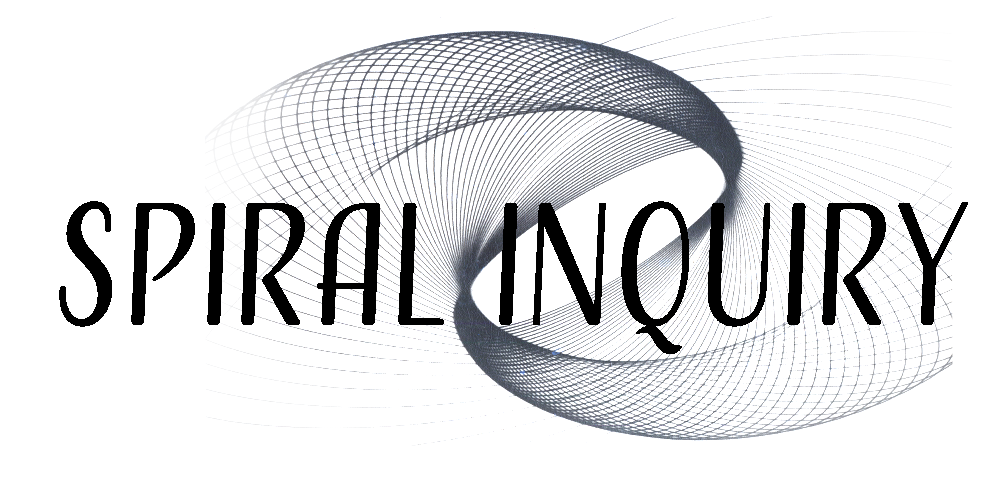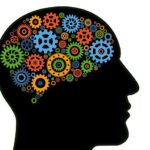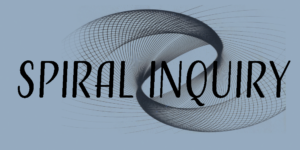Summary of the Long Now Boston Community Conversation May 7, 02018
by Paul Hoxie and George Gantz
Juan Enriquez has been thinking about how difficult it is to have open conversations about ethics, and on Monday, May 7th, he shared his thoughts with Long Now Boston at Le Laboratoire in Cambridge MA. He started by observing that “this kind of conversation would be unwelcome on some college campuses today — it is a difficult conversation to have.” He concluded, however, by declaring that these hard ethical conversations are exactly the kind we need to resolve the stalemates and polarizations in our society today.
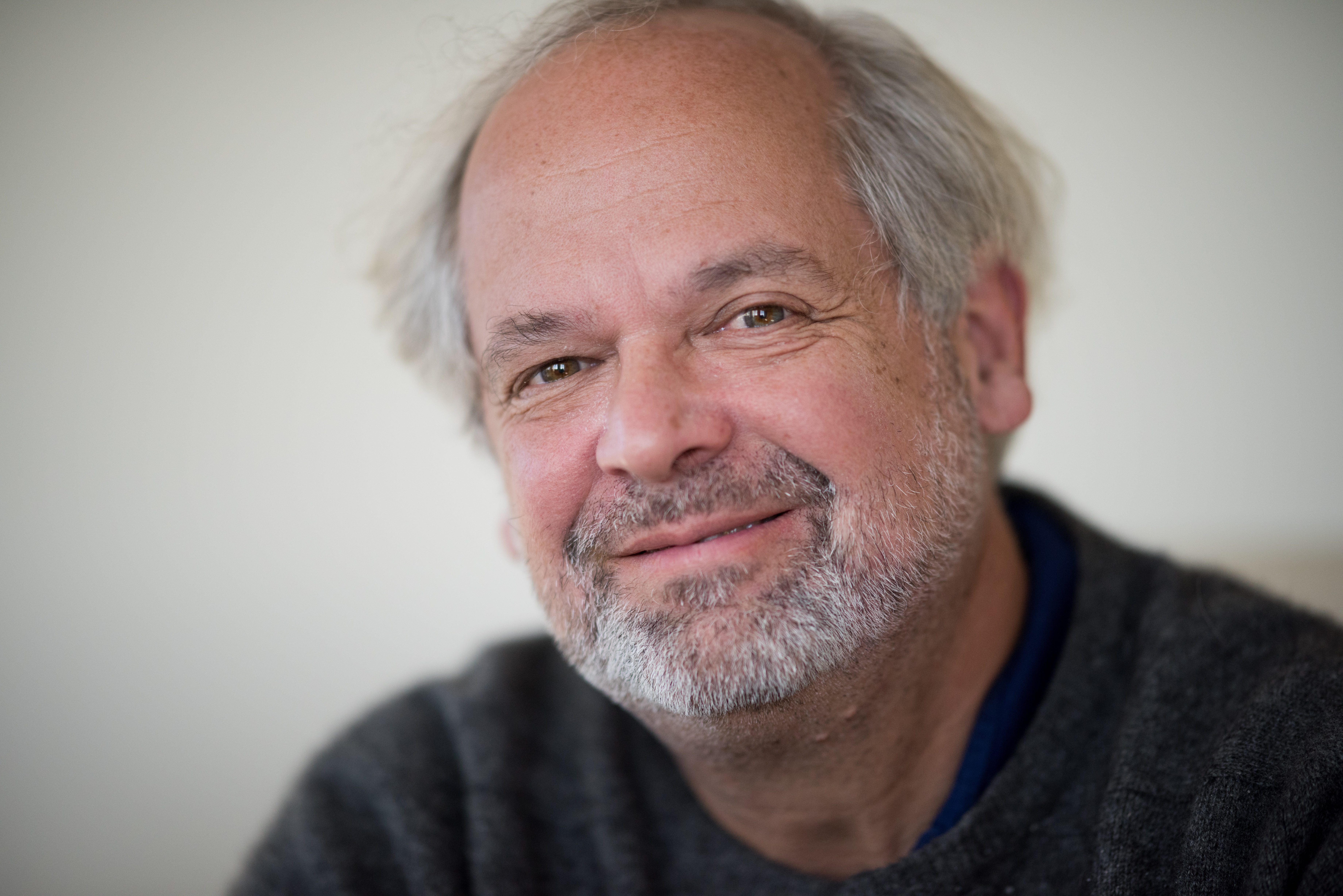
While most of us think we know right from wrong, how do we learn this? The audience responded to Juan’s question with a list of our moral guides. We get our ethics from family, our community, education, religion, history, and literature. But what makes wrong wrong? Are ethical issues ever settled? Conflict inevitably arises over issues of right and wrong, and this conflict has and will continue to surround ethical discussions. Yet these discussions are needed more than ever in times of rapid social and technological change.
The Uncomfortable Issues of Slavery and Sex
Consider the moral issue of slavery. Juan challenged us to consider what this issue looked like in Charlotte, NC in the 1800’s: Who taught the people in Charlotte that slavery was ethical? The Government said it was OK. The preachers cited scripture that supported it. Everyone’s friends and neighbors were in favor. Since slavery represented about half of the wealth in the South at the time, how would people react if you denounced slavery in Charlotte? For those in Charlotte at the time, there was a common ethical standard. How do productive conversations about ethics happen if people feel that the issue is settled? How are minds changed in ethical conversations? Not easily.

Consider the idea of gay marriage. Marriage among LGBT people was deemed unethical by most people in the US for many years. It was illegal. It was immoral. In some parts of the world today, homosexuality is still illegal – and punished by prison, beatings, even death. In the US, there was a dramatic shift after about 2010. The tide quickly shifted from majority opposition to gay marriage to majority support. How did this rapid change happen?
From Generation to Generation
Juan argued that culture wars over ethical norms are spawned by rapid changes in society and technology. New norms are often needed to adapt to new situations, but change is resisted. Think of this: It is likely that something we believe and do today will provoke ethical outrage from our grandchildren. What ethical norms do we embrace today that will no longer work in the context of a rapidly transforming society and changing technology? Are we stupid? Are we vile? Are we simply caught up in our own convenient and comforting ethics, because that’s what those around us believe? Or are living with technology that does not enable us to think differently. An artificial “beef-like” protein burger used to cost $30. What if the cost of that “humane to animals” option drops far below the cost of beef? Will that change the ethical norm for our grandchildren about the slaughter of cattle for human consumption?
Technological change can force the reassessment of moral norms. For example, consider the views that our grandparents held about that act of sex and the act of procreation. Biology required that these two life functions were linked, and the idea of separating sex from procreation was unthinkable. Yet, a generation later, conception can now be achieved through in vitro fertilization, effectively decoupling sex from procreation. What would our grandparents have thought? What would they have thought about the possibility of an artificial womb – gestation outside of the body? It is currently a reality. Lambs have been born in the lab. Or how about the ability to alter brain chemistry with neurochemicals that alter our moods? We do that all the time. How would they have reacted?
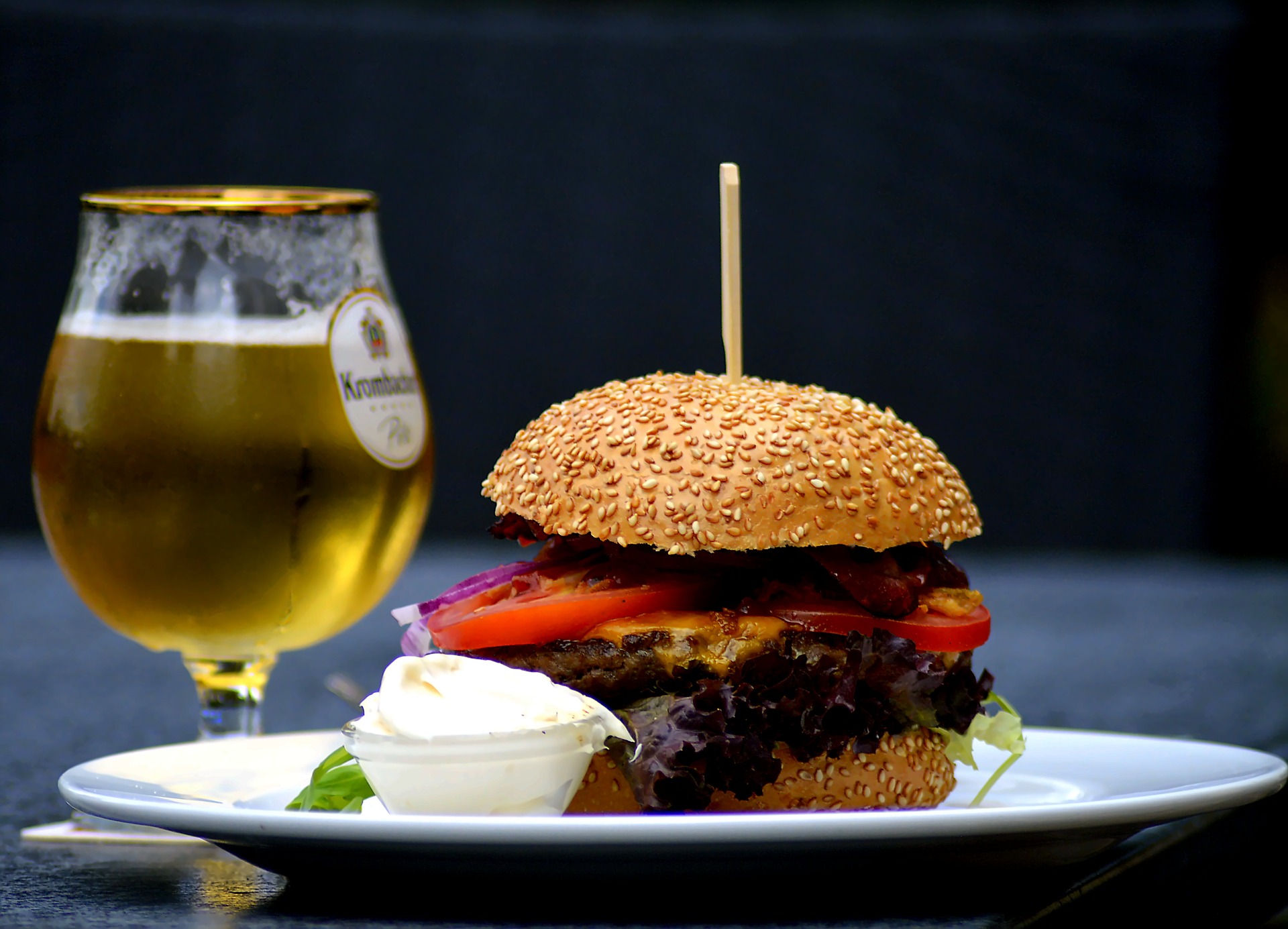
Opening the Conversation Requires Humility
Juan emphatically stated that slavery is wrong and should not under any circumstances be accepted or condoned. But we need to recognize that changing a person’s moral norms depends on difficult conversations. It takes great courage and conviction to confront “settled ethical standards”. Humility is critical. People with differing opinions need humility in order to open productive conversations on ethical topics. Humility means mutual respect and appreciation of the humanity of each other; it can override the differences of opinion.
In an era of extreme polarization like we have now, difficult ethical conversations are even more important. Without humility these conversations are not possible and the conflict among individual ethical standards simply grows. People who are otherwise sensible can make bad decisions on what is right and what is wrong, unless they are sensitive to the range of ethical standards. It is very important to have these difficult conversations about ethics. Juan urged us all to talk with people you don’t agree with to increase your understanding of the range of ethical discord and perhaps to reduce this level of discord. Humility is the necessary ingredient in such conversations.
_____________________
Biography –
Juan Enriquezis a renowned futurist, best-selling author and life sciences venture investor. He is a featured TED Talk presenter on topics ranging from “The Life Code” and “Your Online Life, Permanent as a Tattoo” to “Will Our Kids be a Different Species” and written a number of books include: Evolving Ourselves: Redesigning the Future of Humanity (co-author, Steve Gullans); The Untied States of America: Polarization, Fracturing, and Our Future;and As The Future Catches You: How Genomics and Other Forces Are Changing Your Life, Work, Health, and Wealth. Juan teaches about the economic and political impacts of life sciences, future brain technologies, as well as the rise and fall of countries. Juan was founding director of the Harvard Business School Life Sciences Project, ran Mexico City’s Urban Development Corporation and served as a Peace negotiator in Chiapas. He was also a member of the Sorcerer II Expedition, a global circumnavigation, with Craig Venter, a research effort that doubled the known genes from all species. Juan co-authored the first map of global nucleotide data flow, selected by Rem Koolhaas and Wired as one of the iconic examples of 21st century design, and has been on many boards including Cabot Corp., Synthetic Genomics, Harvard Medical School Advisory Council, WGBH, Center for Excellence in Education, and the Boston Science Museum just to name a few.
_____________________
Long Now Boston
Long Now Boston is a 501(c)(3) non-profit organization that is independent from but philosophically aligned with the Long Now Foundation. Long Now Boston provides a forum for discussing, investigating and engaging in issues that have long-term implications for our global cultures. Long Now Boston hosts a monthly Community Conversation series at the Café ArtScience in Cambridge, MA. Please sign up to the Long Now Boston Meetup Group for notices.
